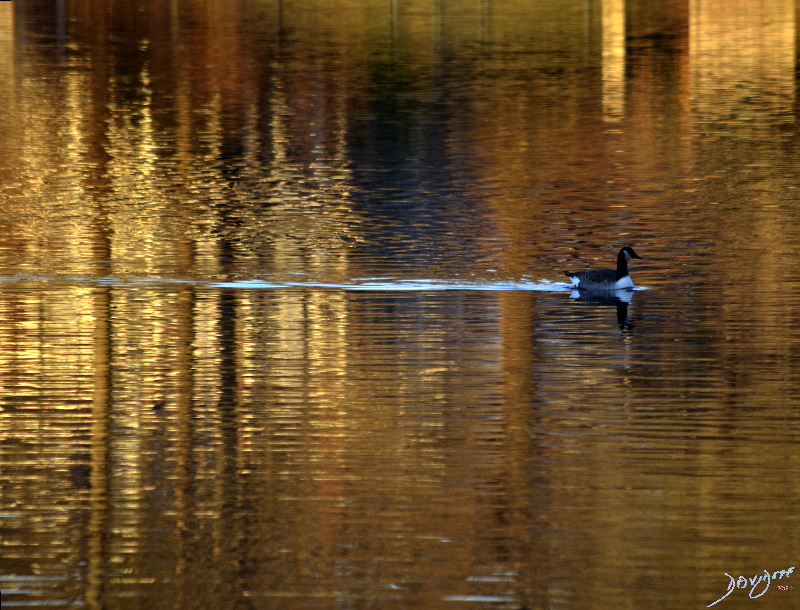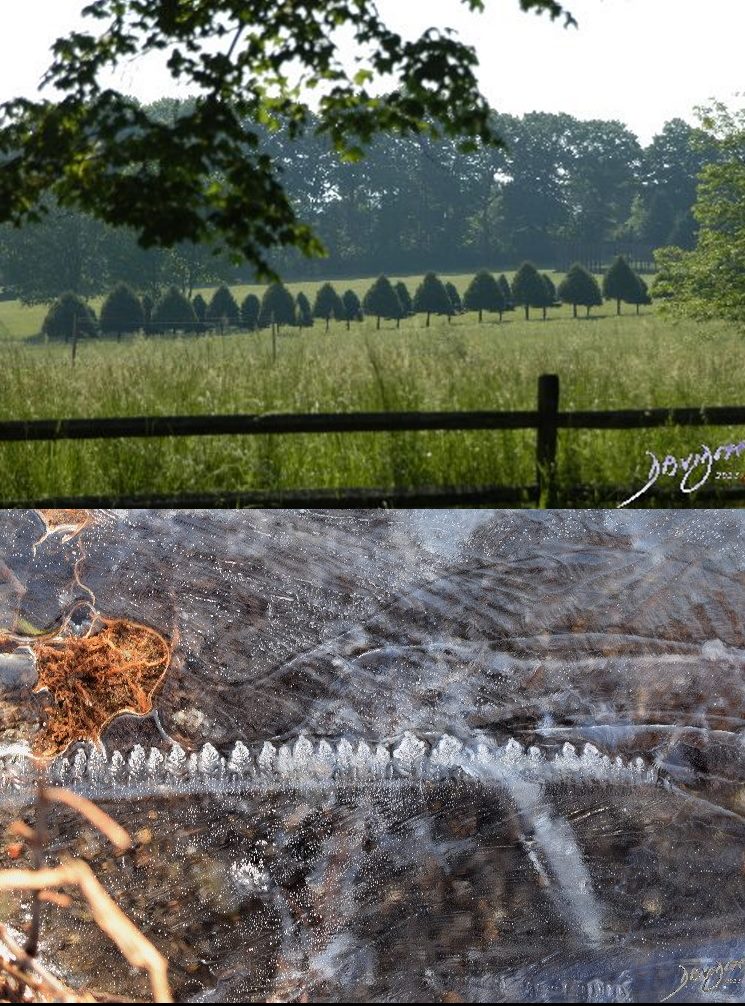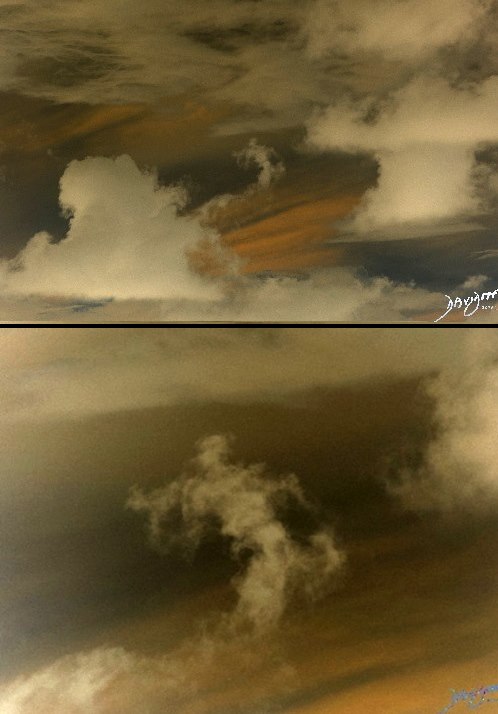

We can never have enough of Nature

Look deep into nature and then you will understand everything better – Einstein

Runner in the Sky
pre dwa0006
Nature is impersonal, awe-inspiring, elegant, eternal. It’s geometrically perfect. It’s tiny and gigantic. You can travel far to be in a beautiful natural setting, or you can observe it in your backyard – or, in my case, in the trees lining New York City sidewalks, or in the clouds above skyscrapers.
Gretchen Rubin Wiki
In the Bosom of Nature
Let him look at that dazzling light hung aloft as an eternal lamp to lighten the universe; let him behold the earth, a mere dot compared with the vast circuit which that orb describes, and stand amazed to find that the vast circuit itself is but a very fine point compared with the orbit traced by the stars as they roll their course on high. But if our vision halts there, let imagination pass beyond; it will fail to form a conception long before Nature fails to supply material. The whole visible world is but an imperceptible speck in the ample bosom of Nature. No notion comes near it. Though we may extend our thought beyond imaginable space, yet compared with reality we bring to birth mere atoms. Nature is an infinite sphere whereof the centre is everywhere, the circumference nowhere. In short, imagination is brought to silence at the thought, and that is the most perceptible sign of the all-power of God.
Let man reawake and consider what he is compared with the reality of things; regard himself lost in this remote corner of Nature; and from the tiny cell where he lodges, to wit the Universe, weigh at their true worth earth, kingdoms, towns, himself. What is a man face to face with infinity? — Blaise Pascal Pensées (1670), Section 1, aphorism 43. In H. F. Stewart (ed.), Pascal’s Pensées (1950), 19.
Nothing is Destroyed in Nature
One is constantly reminded of the infinite lavishness and fertility of Nature—inexhaustible abundance amid what seems enormous waste. And yet when we look into any of her operations that lie within reach of our minds, we learn that no particle of her material is wasted or worn out. It is eternally flowing from use to use, beauty to yet higher beauty; and we soon cease to lament waste and death, and rather rejoice and exult in the imperishable, unspendable wealth of the universe. —
John Muir In My First Summer in the Sierra (1911), 325. Based on Muir’s original journals and sketches of his 1869 stay in the Sierra.